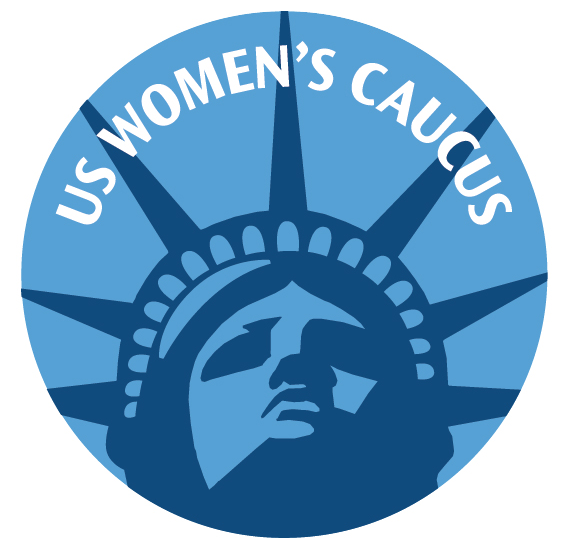What is CEDAW?
The United Nations Convention on the Elimination of All Forms of Discrimination Against Women is an international human rights treaty, obligating nations to integrate CEDAW’s provisions for eliminating discrimination into national constitutions and laws.
CEDAW provides a comprehensive, internationally-recognized legal definition of discrimination:
“…any distinction, exclusion or restriction made on the basis of sex which has the effect or purpose of impairing or nullifying recognition or exercise of human rights, irrespective of marital status, on a basis of equality of men and women, of human rights and freedoms in the political, economic, social, cultural, civil or any other field.” (CEDAW Article 1)
What do CEDAW countries agree to do?
By adopting CEDAW, signatories commit to measures to end discrimination against women in all forms, including:
- Adopt principles of equality of men and women in legal systems, abolish all discriminatory laws, and adopt laws prohibiting discrimination against women;
- Establish boards and public bodies to ensure protection of women against practices of discrimination;
- Provide a practical blueprint to promote human rights and open opportunities for women and girls, overcoming barriers in all areas of society;
- Address issues of violence, trafficking, health care, child care, economic security, education, and vocational opportunities.
Has the United States joined CEDAW?
Not yet. A total of 189 nations have joined the treaty, all the UN member states except six: Iran, Sudan, Somalia, Tonga, Palau, and the United States. US President Jimmy Carter signed CEDAW in 1980 but the US Senate has never ratified the treaty, a requirement under the US Constitution. Although there is congressional support for ratification, the treaty has not moved beyond Senate hearings during recent administrations.
How are US women taking the global local?
American women enjoy opportunities and status unavailable to most of the world’s women, yet more progress is needed.
Since the US Constitution does not specifically grant equal rights to women, and US law does not adequately define discrimination, many advocates have turned to the global CEDAW model of human rights to improve the status of women in the US. CEDAW provides useful action plans to address persistent gaps in women’s full equality such as pay disparities, gender-based violence, and limited access to health care and education.
Activists and officials have joined in the Cities for CEDAW Campaign to push for local measures reflecting CEDAW principles as a way to address barriers to full equality for women and girls. Incorporation of CEDAW principles into local governance reflects a broader trend among advocates and policymakers to adopt human rights standards and strategies. Many local governments are on the forefront of efforts to enhance human rights. Cities are becoming epicenters of political, economic, and cultural progress and innovation.
Resources
CEDAW (Full Text) (pdf)
Cities for CEDAW Website (http://citiesforcedaw.org/)
Cities for CEDAW Factsheet (pdf)
CEDAW in San Francisco Case Study
Submitted by Gail James
